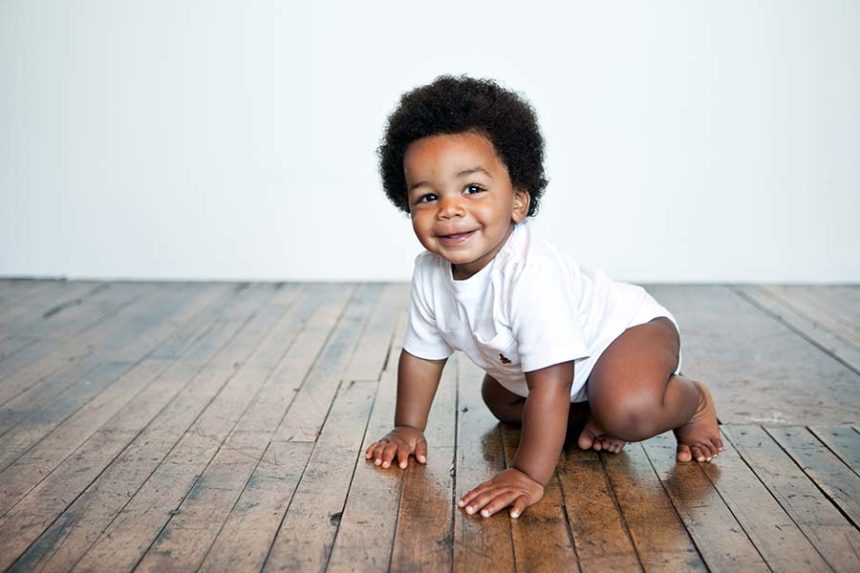Last month we were asked by New Life, our adoption agency, if we had two or three tips for parents who were considering transracial adoption. They would take the best of the tips and post them on the "New Life Adoptions" website.
Did we have tips? Do birds fly? Do fish swim?
We told them to print any of the ones we offered except for this one: "Bring your children to the country of their origin", thinking that just may not be realistic for most people.
We got the list on Friday and some of ours were winners! I've colored them yellow.

- Live in a diverse area.
- “We moved from Apple Valley to Richfield because it’s more diverse.”
- “This is a big one… we moved for this reason. Kids need to see people who look like themselves every day.”
- Attend a multiracial adoption group. This connects your family with others who also experience the journey of both adoption and a multiracial family.
- Attend a church where there are other families that look like your family.
- “Our church has many families that are multiracial, including the pastor’s.”
- Have friends, not just acquaintances, who are the same ethnicity as your child.
- Make sure your children see people of their ethnicity in leadership roles.
- “Choose doctors who reflect your child(ren)’s heritage. We went to a black allergist and I have a black gynecologist.”
- Go places where you are the minority as a white parent.
- “We occasionally attend our daughter’s birth grandmother’s church. My husband and I are the only white people in the church. This helps remind us how our kids can feel if we are in an all-white environment.”
- Watch movies and TV shows that have positive images of people of color.
- “Now that our kids are older (12 & 10) we have started watching TV shows that have positive images of black people on family night. We are currently watching Family Matters and recently watched the Gabby Douglass documentary.”
- “We’ve watched some pretty gruesome movies, but our children have a very good understanding of slavery, how slaves became slaves, and what happened to them when they were slaves.”
- Get to know the police officers in your community.
- “The other day I got pulled over for turning right on red – oops! When I rolled down my window for the officer, my daughter exclaimed ‘Oh I know you! You brought the police dog to national night out!’ And yes, I think it helped me not get a ticket.”
- Create ways for your neighbors to get to know your children so they don’t just see their skin color.
- “We take cookies to our neighbors at Christmas, attend national night out, and my son regularly visits with the neighbors as he is riding his bike. I’ve heard several compliments about how friendly my kids are.”
- Read about racial issues and concerns and dialogue with people of color so that you can begin to understand what your child will have to navigate as they get older.
- Read transracial adoptees’ points of view on transracial adoption.
- “I wish we had read more, and knew more before we adopted. I think we thought it wouldn’t be a big deal, we would love any child the same. Which is true, we adore our daughter, but we will never know what it’s like to be Black and there isn’t a way to understand how she feels.”
- Read books by authors who are of a different race than you. This will give you a different perspective of how people view the world through the characters.
- Don’t be “colorblind.”
- “Don’t act like there is no difference between you and your child’s skin color/physical features.”
- “This does a disservice to kids of color. Our daughter noticed she looked different from us before she was 3, and she talked about it. Be prepared for some emotions around this.”
- Ask for and accept advice, especially when it comes to hair and skin.
- “Skin and hair care of other ethnicities can be quite different from yours. Do some reading and research, and don’t be afraid to ask questions.”
- “I will always be blessed by the neighbor who dropped off a book on how to do black hair styles for my daughter and the neighbor who told me how to cut my son’s hair.”
- If you adopt one child who does not share your ethnicity, seriously consider adopting again to give them a sibling of a similar race.
No comments:
Post a Comment